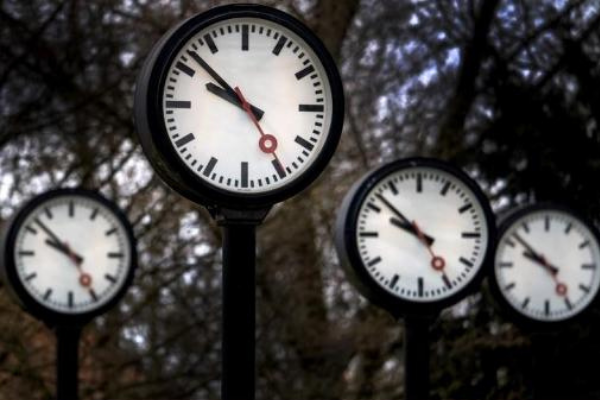After a week of unusually sunny weather, daylight saving time officially starts on the night of Saturday 26 to Sunday 27 March. The transition from winter to summertime means that the sun will rise later in the morning and set later in the evening.
Many electronic devices, such as smartphones and smartwatches, will change their time automatically, but remember to move analogue clocks one hour forward at 2:00 AM.
Summertime forever?
Daylight savings time (DST) has been a contentious topic around the world since it was first implemented in Canada in 1908. Many argue that its initial goal of saving energy is no longer being fulfilled. With today's use of computers, TV screens, and air conditioning, the amount of energy saved by DST is now negligible.
The US Senate has unanimously voted to make DST permanent from 2023, doing away with the need to change clocks twice a year. Although the House still needs to pass the act, this would mean summertime (sadly without the good weather) would last year-round in the US, resulting in later sunrises and sunsets.
Two times, two options
In 2018, the European Commission already proposed removing the time change and using the same time all year round, a proposal that polls showed Europeans supported. However, Member States failed to agree on which time zone to remove, which led the proposal to be shelved.
It was finally decided that it was up to each Member State to decide on whether to keep the time change or not. Up until now, Belgium has not made any decision on this subject.
The country has used summer and wintertime since 1977, with the main objective being that people benefit from daylight for a longer time, thus saving energy – crucial in a time where energy prices are skyrocketing. However, critics highlight a disruption to the biological rhythm.
One century later
But why and how did daylight savings start in Europe?
Daylight savings were initially introduced in Europe during World War I, dating back to over a century. Germany was the first to implement the change in 1916 in hopes of conserving coal and several countries followed suit, including the UK, France, Russia and Australia. Germany also imposed the measure on countries they occupied, such as Denmark and Poland.
The measure was dropped in most countries after the war ended but made a comeback in the 1980s during the global oil crisis.

